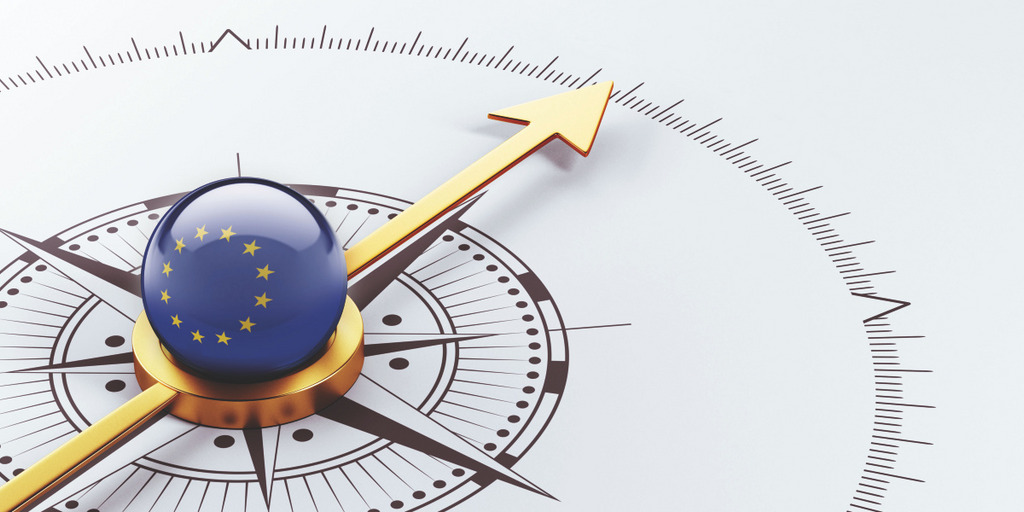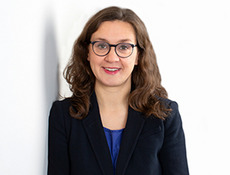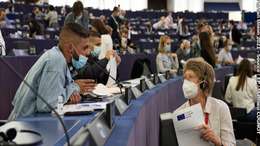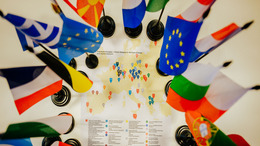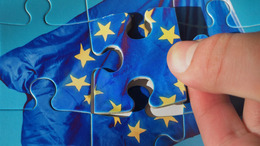Do we need a European Finance Minister? How soon should the EU conclude a free trade agreement with Great Britain? What position does the EU take towards Syria or Iran? The EU is facing multiple challenges in the coming years. An important change of course for its future will be set in the spring of 2019 with the elections to the European Parliament. But EU-decisions are not only affecting experts and parliamentarians in Brussels and Strasbourg, but also over 512 million citizens of the European Union.
In order to involve as many citizens as possible in debates and discussions before the parliamentary elections, the Bertelsmann Stiftung, together with the Twelve Stars project, the Heinrich Böll Foundation and the University of Hamburg, will launch an online debate on urgent debates surrounding the future of the EU starting 18 May. Based on the contributions the respective authors and experts who lead the individual debates will revise and summarize their arguments, which will be published in the run-up to the European elections to the European parliament in May 2019.
From 18 May until June experts from politics and philosophy will debate their concrete proposals for the future of the EU on a weekly basis. Debates will take place every week from Friday to Sunday, between 5 pm and 8 pm (CET). On the website everyone can register for the respective debates and view the topics of future online discussions: www.twelvestars.eu/participate. For practical reasons the official language for the discussions will be English. At the beginning of each debate a statement or question is presented from an expert. Then it is up to the participants: is the topic even relevant? What is your point of view on this matter?
The online debate is divided into five topics:
- Europe's Constitution
- Europe's money
- European solidarity
- Europe's rules and laws
- Europe and the world
